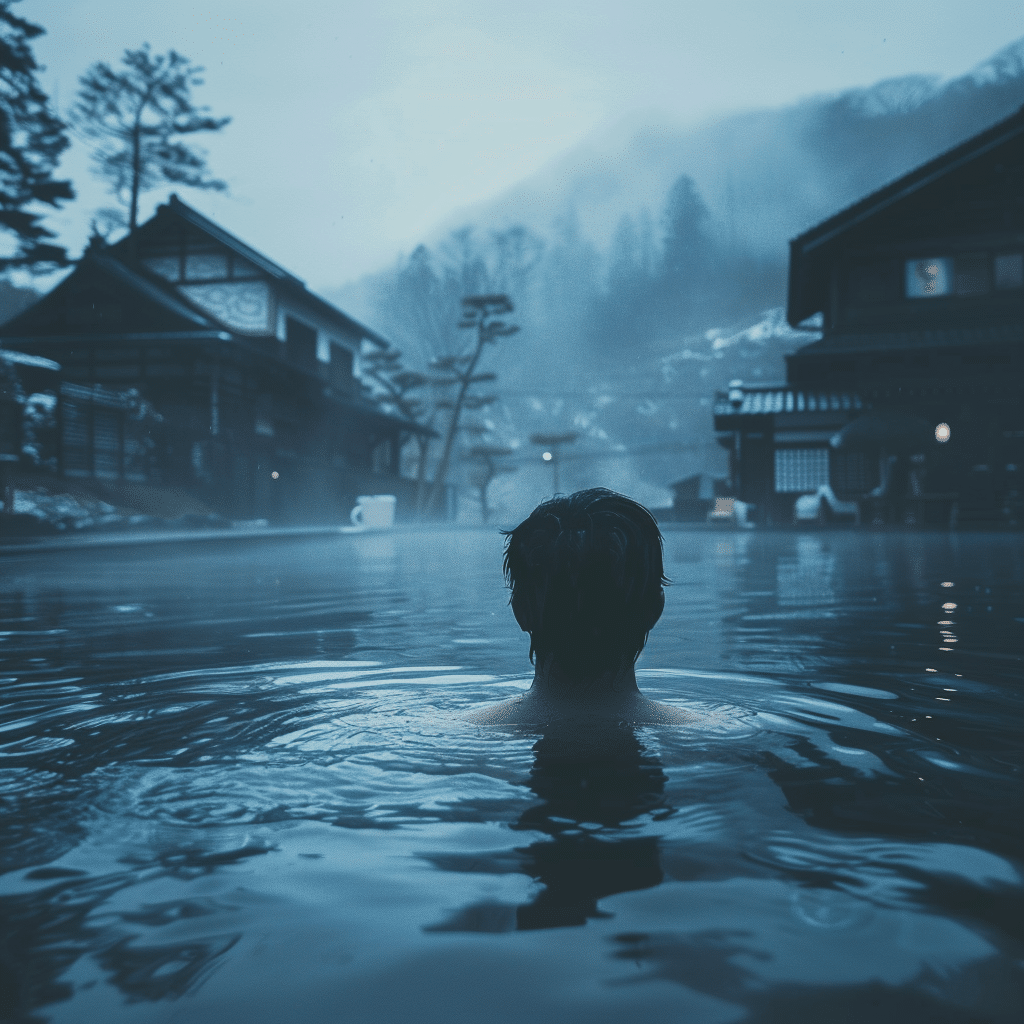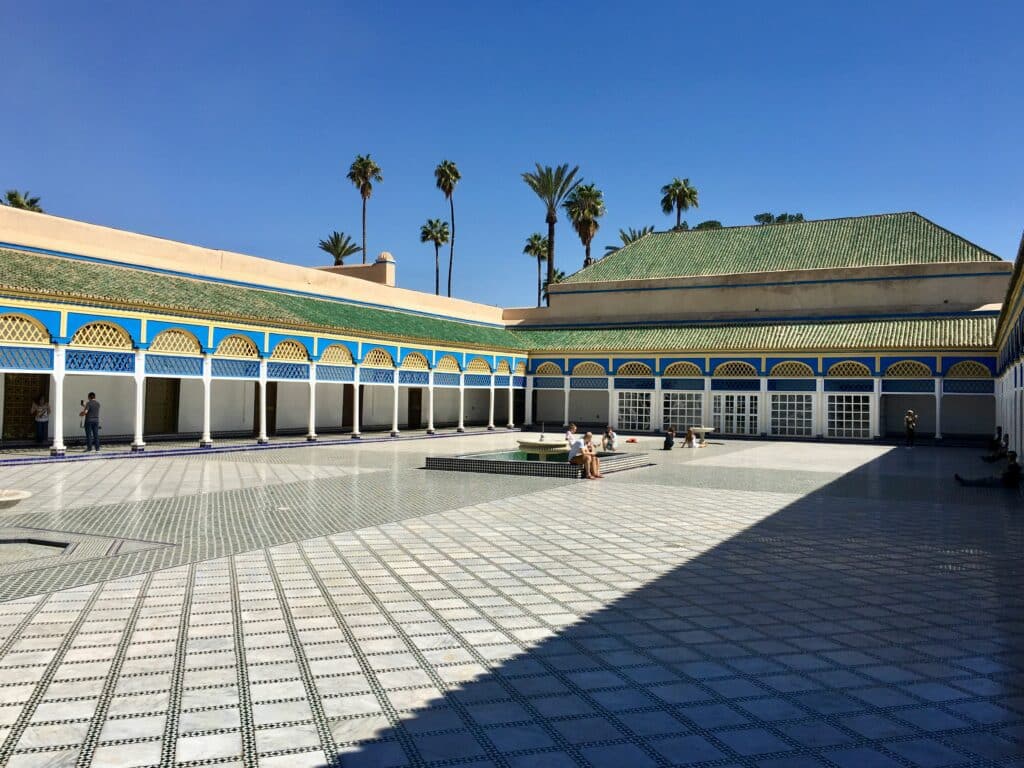What is an onsen? A look A Japanese Hot Springs
An onsen is a timeless retreat where guests can bask in the therapeutic benefits of mineral-rich, naturally heated water. These Japanese hot springs are esteemed for their healing properties and serene ambiance.
Key Takeaways:
- An onsen is a traditional Japanese hot spring renowned for its healing properties and cultural significance.
- Onsens draw water from geothermally heated natural sources, rich in minerals like sulfur, sodium bicarbonate, and iron.
- Etiquette at onsens includes thorough cleansing before entering, observing modesty, and being considerate of others.
- Discover top onsen locations in Japan, offering a variety of indoor and outdoor pools amidst picturesque settings.
- Immerse yourself in the tranquility of Japanese onsen experiences, akin to exploring historical wonders in South America.
Healing Properties of Onsens
Onsens, traditional Japanese hot springs, are renowned for their healing properties and have been used for centuries for therapeutic purposes. Here are some of the key health benefits associated with onsens:
1. Improved Circulation and Metabolism:
Onsen water contains minerals like sodium bicarbonate and calcium that are absorbed by the body during bathing, helping to increase blood flow and oxygen levels in the blood.
2. Stress Relief and Better Sleep:
The serene surroundings of onsens, coupled with the hot spring water, can relax tense muscles, clear the mind, and promote deeper sleep by encouraging the body to relax after exposure to heat.
3. Pain Relief:
Studies have shown that soaking in hot springs can help reduce pain perception due to the intense heat experience. The buoyancy of onsen water can also alleviate joint pain and aid in pain relief.
4. Skin Benefits:
Different types of onsen water contain minerals like sulfur and silica, known for their skin-beautifying properties. Sulfur-rich onsens can benefit conditions like eczema and psoriasis, while silica can soften dry skin.
5. Restorative Minerals:
Onsen waters naturally contain various minerals such as sulfur, copper, radium, carbon dioxide, and silica. These minerals offer benefits like reducing hypertension, improving anemia, alleviating joint pain, reducing blood pressure, and softening dry skin.
6. Buoyancy and Pressure Effects:
The buoyancy effect of onsen water reduces pain, muscle tension, stress, and anxiety while promoting relaxation and ease of movement. Water pressure in onsens helps improve circulation by directing blood flow towards the core of the body.
7. Relaxing Atmosphere:
Visiting an onsen provides a meditative experience that allows for quiet reflection and relaxation amidst natural surroundings. The atmosphere of an onsen offers a moment of tranquility in a busy day.
Onsens are not only beneficial for physical health but also contribute to mental well-being through relaxation and rejuvenation. The combination of mineral-rich waters, serene environments, and traditional bathing rituals makes onsens a unique therapeutic experience with holistic healing properties.
These health benefits have made onsens popular among both locals and tourists seeking relaxation, rejuvenation, and relief from various ailments.
Citations:

Etiquette and Practices at Onsen
Explore the traditional customs and etiquette observed at onsens, emphasizing the importance of cleanliness, respect, and adherence to established bathing traditions for a harmonious communal experience.
Best Onsen Destinations in Japan
Step into the serene world of top onsen locations in Japan, each offering a unique ambiance and a variety of pools to cater to diverse preferences. Experience the tranquil beauty of indoor and outdoor hot springs nestled in picturesque landscapes.Perhaps you stay at the world’s oldest hotel, the Nishiyama Onsen Keiunkan. Staying in Kobe or Osaka? Check out the famous Kinosaki Onsen. If you are staying in Kyoto, you can visit Kyoto’s Kurama Onsen.










